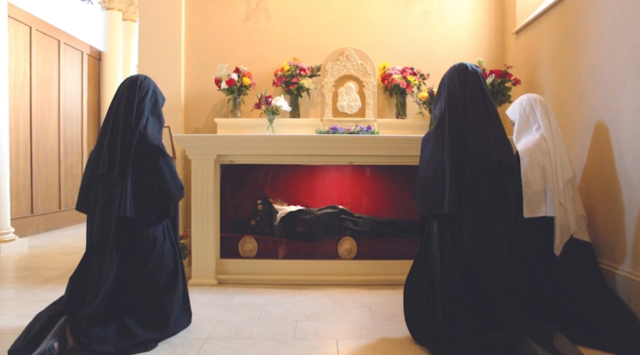Sins are often uncomfortable to dwell on, as they serve as reminders of our flaws and shortcomings. Nevertheless, the Church emphasizes the importance of acknowledging the gravity of our sins and seeking reconciliation with the Father through the sacrament of confession. This act of confession reunites us with God and restores our relationship with Him.
Within the context of sin, the Catholic Church distinguishes between mortal sins and venial sins.
Mortal Sins
The Catholic Church defines mortal sin, according to the Catechism, as a “serious violation of God’s law.” Such a sin turns us away from God, who is our ultimate purpose and source of true happiness, by choosing an inferior good over Him (CCC 1855).
For a sin to be considered mortal and sever our relationship with God, it must fulfill three specific criteria outlined by the Catechism.
Firstly, it requires full knowledge and complete consent. This implies awareness of the sinful nature of the act and its contradiction to God’s law. It also necessitates a deliberate consent that reflects a personal choice. Feigned ignorance and a hardened heart do not diminish, but rather intensify, the voluntary nature of a sin (CCC 1859).
In summary, a mortal sin must involve grave matter, be committed with full knowledge, and require complete consent.
Venial Sins
Venial sins, on the other hand, encompass acts that offend charity, which refers to both God’s love for us and our love for our neighbor. While they do not sever our relationship with God or our state of grace, venial sins can still have significant consequences. Frequent indulgence in venial sins weakens our resolve and increases the likelihood of committing mortal sins.
The Church encourages us to confess these “venial” sins because they damage our relationship with God and others. Additionally, the regular confession of venial sins helps us form our conscience, resist evil tendencies, experience Christ’s healing, and progress in the spiritual life (CCC 1458).
The fundamental distinction between mortal and venial sins lies in the obligation to confess all mortal sins in the sacrament of confession, whereas confessing all venial sins is encouraged but not obligatory.
Venial sins typically encompass our everyday weaknesses, while mortal sins are those actions that create a separation between us and God, as well as the Church.
Make a one-time donation
Make a monthly donation
Make a yearly donation
Choose an amount
Or enter a custom amount
Your contribution is appreciated.
Your contribution is appreciated.
Your contribution is appreciated.
DonateDonate monthlyDonate yearlyDiscover more from Catholicsay
Subscribe to get the latest posts sent to your email.




